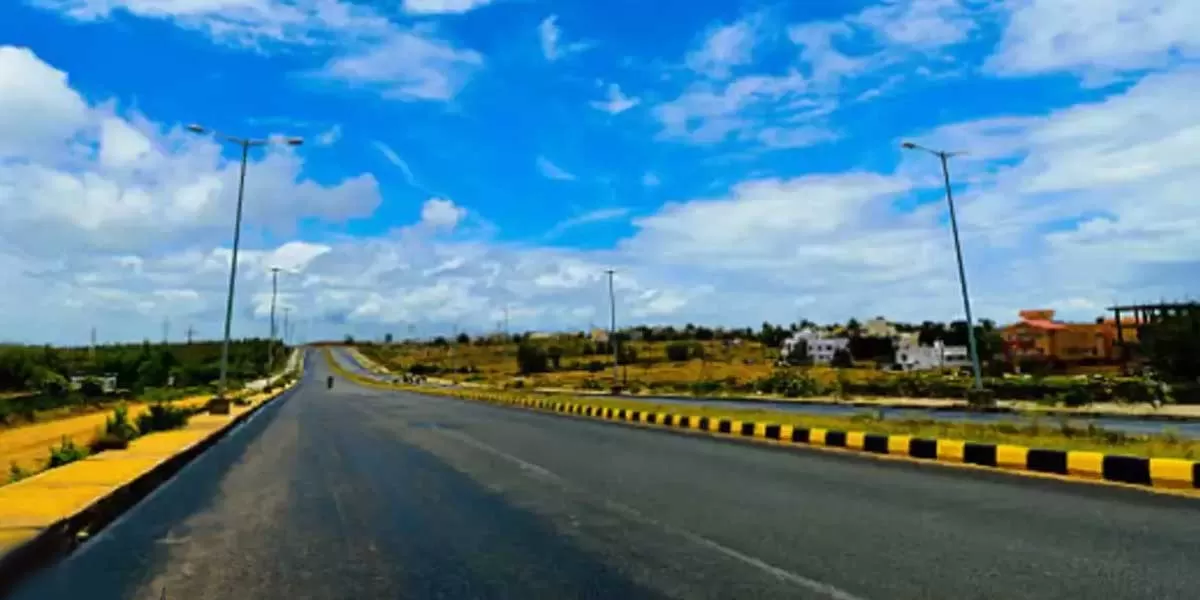The BMC's soil testing marks the preliminary stage of the project, which involves analyzing the ground's load-bearing capacity for constructing the viaduct. According to officials, this phase will also aid in determining the most efficient alignment for the corridor. The testing is expected to be completed by mid-2024, after which construction will begin.
The project also incorporates advanced urban planning and eco-friendly construction methods. The BMC plans to install noise barriers and green patches along the elevated stretch to minimize environmental impact and improve the quality of life for nearby residents. Additionally, the corridor aligns with the city’s broader plans to reduce vehicular congestion and pollution in heavily populated areas.
Commuters and urban planners have lauded the project, expecting it to decongest key areas such as Byculla, Chinchpokli, and Grant Road. However, concerns remain regarding the construction phase's impact on traffic, businesses, and residential areas. The BMC has assured a phased construction plan to minimize disruptions.
Once completed, this elevated corridor will provide a faster and more reliable commute for thousands of Mumbaikars while serving as a model for sustainable urban development in the city's traffic-heavy zones.

